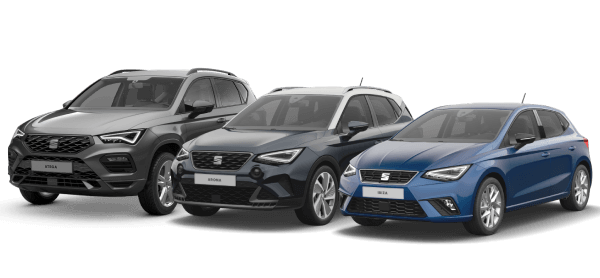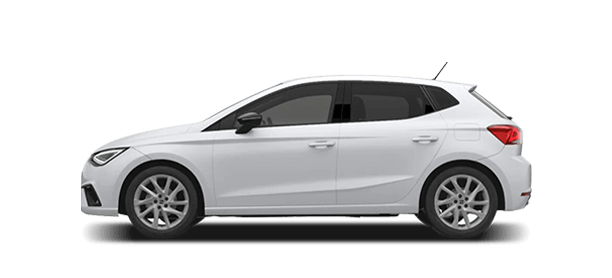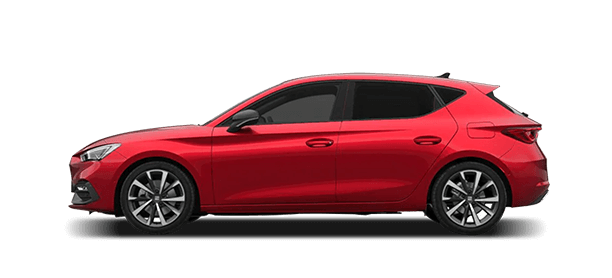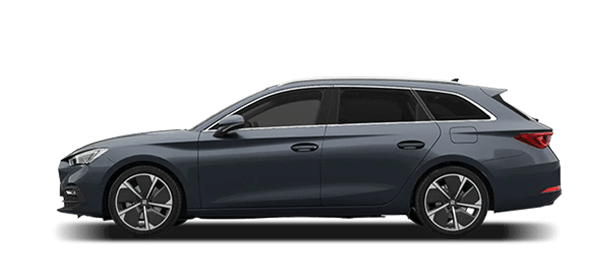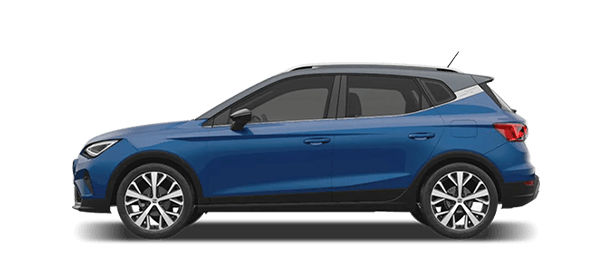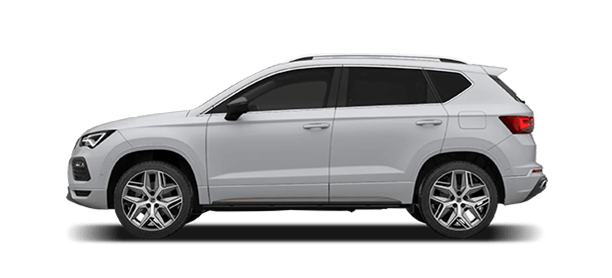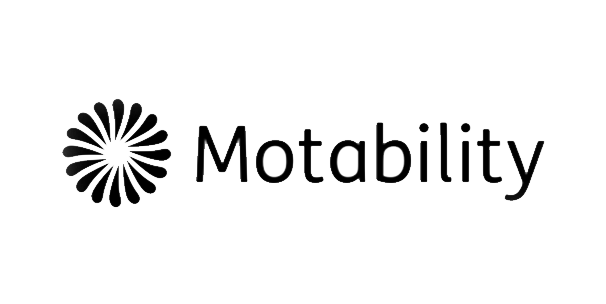From Moscow to Vladivostok. A distance of over 9,000 kilometres spanned by the legendary Trans-Siberian train. The same distance that the more than two million units sold to date of the SEAT Leon would stretch if they were placed in a straight line. With the fourth generation about to be launched, we look back at the evolution of one of the company's main pillars.
The takeoff of a model and a brand
Not only has the Leon exceeded the two million units sold mark, but it has been achieved with constant growth over its three generations. The current one (which began in 2012 and is still on the market) accounts for more than one million units sold, or twice as many as the first generation (launched in 1999 and a total of 534,797 vehicles), and a third more than the second generation (which began in 2005 and sold 675,915 cars).
New markets and an extended range, including a family size version and its different variations, such as the Leon X-Perience, are key to explaining the fast growth of the Spanish compact; a similar boost as that experienced by SEAT, which has increased its sales by 60% since 2010.
From Martorell to the world
The first-generation Leon reached 43 markets compared to the 48 the current one is serving. Algeria, Ukraine and Azerbaijan are some of the countries which have been added. Incidentally, New Zealand is the furthest destination for the Leon, where marketing of this model began in 2017.
SEAT exports have surged as a result of this international diversification, and now amount to over 80% of its production, a very similar percentage to that of the Leon. The figures posted by the company's main markets illustrate this globalisation; in the case of the first generation, Spain accounted for 38% of sales, a figure which today has gone down to 20%.

The opposite case is true of Germany, whose share of total sales of this model has gone from 13% of the first generation to 24% of the current one. The UK is another example of international expansion, in parallel with SEAT, where more than twice as many units of the current generation have been sold as the first (132,684 cars until August 2019 compared to 50,740).
Created in Barcelona
The three generations of the SEAT compact were designed, developed and produced in the SEAT facilities in Martorell (Barcelona). Italy's Giorgetto Giugiaro designed the first, Walter da Silva the second and Alejandro Mesonero-Romanos the third. The Spanish designer was also responsible for breathing life into the fourth generation of the model.
The most powerful
On its 20th anniversary more than 2M units of the compact have been sold.
Dynamism has always been a SEAT hallmark, and more specifically in the case of the Leon. The SEAT Leon Cupra R is currently the brand's production car equipped with the largest engine, one that develops 310 hp output. Even back when it was first launched in 1999, the SEAT Leon became the most powerful model in the history of the company, with a 180 hp engine, 6-speed gearbox and 4-wheel drive.
History of competition
The SEAT Leon won the World Touring Car Championship (WTCC) in 2008 and 2009, marking the first time that a carmaker won the title with diesel engines.
Record on the track
A SEAT Leon Cupra driven by Jordi Gené in 2014 broke the speed record with front-wheel drive on Germany's Nürburgring circuit, stopping the clock at 07:58. One year later, the Leon ST CUPRA also became the fastest family size vehicle on this legendary track, with a time of 7:58:12.





